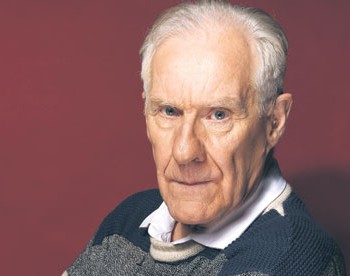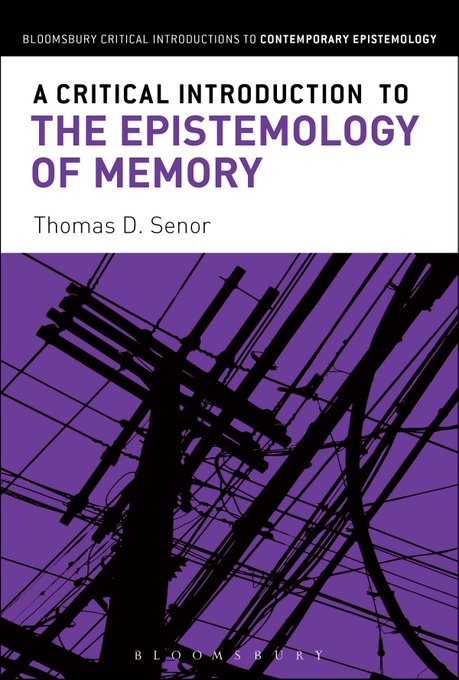Hippias
(fl. 5th cn. B.C.)
A Greek sophist of Elis and a contemporary of Socrates. He taught in the towns of Greece, especially at Athens. He had the advantage of a prodigious memory, and was deeply versed in all the learning of his day...
https://t.co/nIKOLN4eGr
A shortlist of the most influential philosophers alive.
Alain Badiou studied at the Lycée Louis-Le-Grand and the École Normale Supérieure in Paris, and is a key figure in French philosophy and Marxist...
https://t.co/jW5886SWmi
The Knowledge Intuition and the Inference to Physicalism’s Falsity
The knowledge argument has two parts. One says that physical knowledge is not sufficient for phenomenal knowledge. Call this the knowledge intuition The other says that...
https://t.co/zkseq7fy6G
Pre-Twentieth Century Metaphilosophy and definition of Metaphilosophy
Socrates believed that the unexamined life – the unphilosophical life – was not worth living. Indeed, Socrates saw his role as helping to rouse people from unreflective lives...
https://t.co/k7ivF8Hjlw
Epistemology of Memory
We learn a lot. Friends tell us about their lives. Books tell us about the past. We see the world. We reason and we reflect on our mental lives. As a result we come to know and to form justified beliefs about a range of topics...
https://t.co/2oAPDr4Gmq
The Knowledge Intuition and the Inference to Physicalism’s Falsity
The knowledge argument has two parts. One says that physical knowledge is not sufficient for phenomenal knowledge. Call this the knowledge intuition (Stoljar and Nagasawa...
https://t.co/KptyEfr5uE
David Hume: Moral Philosophy
Although David Hume (1711-1776) is commonly known for his philosophical skepticism, and empiricist theory of knowledge, he also made many important contributions to moral philosophy. .
https://t.co/el23DqbOwJ
Deductive and Inductive Argument
When assessing the quality of an argument, we ask how well its premises support its conclusion. More specifically, we ask whether the argument is either deductively valid or inductively strong.
https://t.co/W3UG1ThgCp
Western Theories of Justice
Justice is one of the most important moral and political concepts. The Oxford Dictionary defines the “just” person as one who typically “does what is morally right” and is disposed to “giving everyone his or her due,”...
https://t.co/95UfRgxZw7
Romanticism- Art and Aesthetics
Romanticism was an artistic, literary, musical and intellectual movement that originated in Europe and was at its peak in the period from 1800 to 1850. Romanticism was characterized by its emphasis on emotion...
https://t.co/VxF7Ze8c0Y





















